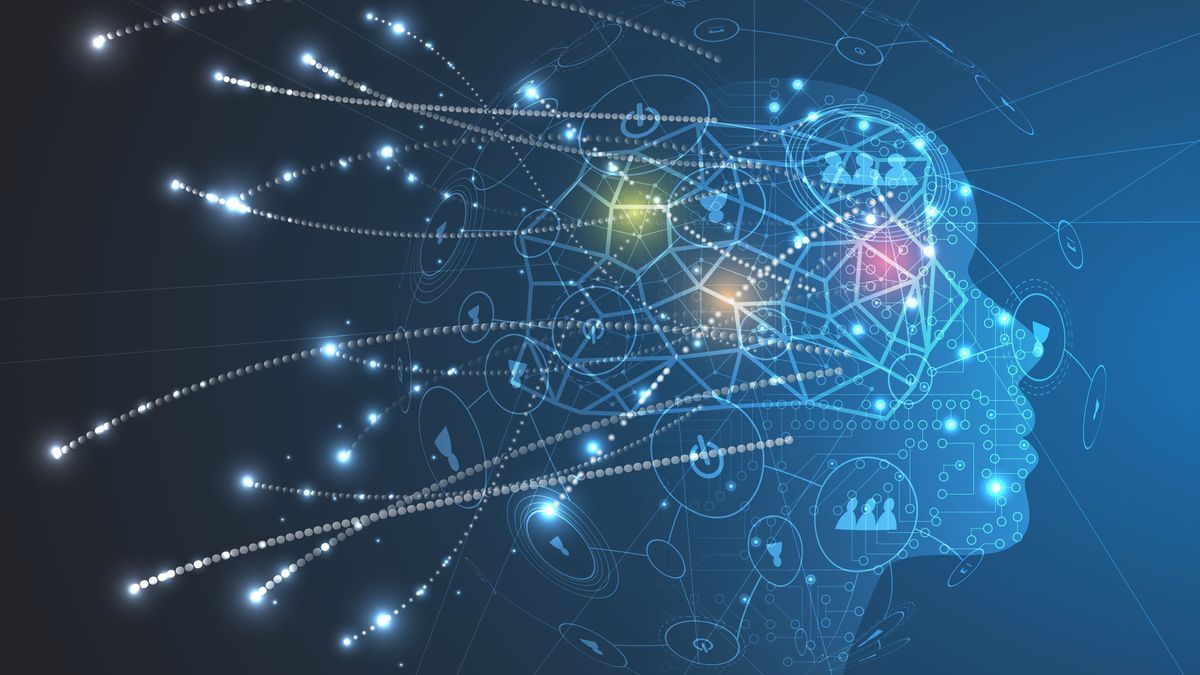A recent study has revealed that AI language models, specifically OpenAI's GPT-4, are outperforming humans on tasks that require divergent thinking, which involves generating unique solutions to open-ended questions, a key facet of creativity.
The study, conducted by Kent F. Hubert and Kim N. Awa, Ph.D. Students at the University of Arkansas and Darya L. Zabelina, an assistant professor at the same institution, involved 151 human participants. They were tested with the AI model in the alternative uses task, the consequences task, and the divergent associations task. And bad news for humans is that the AI model demonstrated greater originality and detail in its responses, indicating greater creative potential.
Of course, these findings are not definitive proof of AI's superior creativity. The study's authors caution that while the AI models were more original, they were not necessarily more appropriate or practical in their ideas. AI's creative potential also depends on human input, which limits its autonomy.
More research is needed
The study also found that the AI used a higher frequency of repeated words compared to human respondents. While humans generated a wider range of responses, this did not necessarily result in greater originality.
The findings challenge the assumption that creativity is an exclusively human trait. However, the question remains whether AI's superior performance in creative tasks poses a threat to humans, now or in the future. While the results were undoubtedly impressive, the authors emphasize that the study only assesses one aspect of divergent thinking. It doesn't necessarily indicate that AI is more creative across the board.
The authors conclude that future research will need to consider the usefulness and appropriateness of the ideas, as well as the real-world applications of AI creativity.
The study, titled “The Current State of Artificial Intelligence Generative Language Models Are More Creative Than Humans on Divergent Thinking Tasks,” was published in Scientific Reports.









